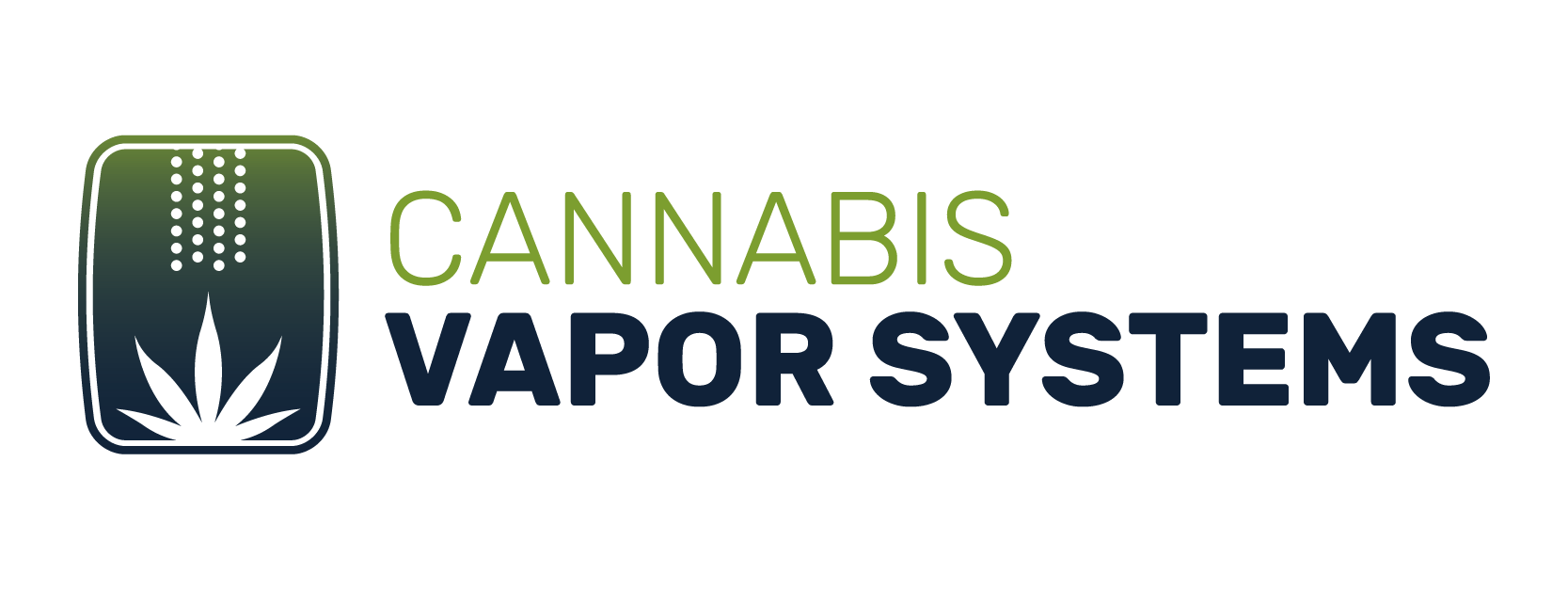In 2019, the U.S. Centers for Disease Control and Prevention (CDC) identified a surge in severe lung injuries linked to vaping, a condition now widely known as EVALI (E-cigarette, or Vaping, Associated Lung Injury). Although the outbreak has since declined, health officials warn that the risk remains—particularly for those who purchase unregulated cannabis vapor products outside legal markets. For consumers, understanding the dangers is critical to making informed choices about their health.
What Is EVALI?
EVALI is a serious respiratory illness caused by inhaling harmful substances in vapor products. Symptoms include coughing, chest pain, shortness of breath, fever, nausea, and abdominal pain. According to the CDC, over 2,800 hospitalizations and 68 deaths were confirmed in the U.S. during the 2019 outbreak. Many of these cases were tied to illicit THC cartridges, rather than products sold in licensed dispensaries.
The Culprit: Vitamin E Acetate
Investigators found that most EVALI cases were linked to vitamin E acetate, an additive sometimes used by illicit manufacturers to dilute cannabis oil. While vitamin E is safe in skin creams or supplements, it becomes dangerous when inhaled. The CDC concluded that vitamin E acetate was strongly associated with lung injury, though other toxicants may also contribute.
In legal cannabis markets, state regulations typically prohibit vitamin E acetate and require products to undergo laboratory testing for contaminants. Illicit markets, however, have no such oversight, leaving consumers vulnerable to dangerous additives.
Risks of Unregulated Products
Unregulated vapor products pose several health risks beyond EVALI:
- Unknown Ingredients: Illicit cartridges often contain fillers, pesticides, or solvents not disclosed to the consumer.
- Heavy Metals: Poorly made vape hardware can leach metals like lead or nickel into the vapor.
- Microbial Contamination: Without testing, products may harbor mold or bacteria harmful to the lungs.
- Inconsistent Potency: Unregulated products often mislabel THC concentration, increasing the risk of overconsumption.
A 2020 study in New England Journal of Medicine reinforced that patients with EVALI had high exposure to vitamin E acetate, further underscoring the dangers of purchasing from unauthorized sources.
What Consumers Should Know
For those choosing to use cannabis vapor products, taking precautions can significantly reduce risk:
- Buy Only from Licensed Dispensaries: Regulated markets require testing for potency and contaminants.
- Check Packaging and Labels: Look for state-required lab testing information, batch numbers, and tamper-proof seals.
- Avoid Street Products: Counterfeit vape cartridges—often sold in bulk packaging online—are among the leading causes of EVALI.
- Be Alert to Symptoms: Shortness of breath, chest pain, or persistent cough after vaping warrants immediate medical evaluation.
- Stay Informed: The CDC and FDA regularly update guidance on vaping risks.
Why the Risk Persists
Although the CDC reported a steep decline in EVALI cases since the peak of 2019, experts caution that unregulated markets still exist, and counterfeit THC products continue to circulate. With cannabis laws varying widely between states, some consumers turn to unlicensed sellers, unknowingly exposing themselves to significant health hazards.
Dr. Brian King, director of the FDA’s Center for Tobacco Products, emphasized in a 2023 briefing that unregulated products remain a public health threat. Without federal regulation across all states, consumers must be especially vigilant when purchasing cannabis vapes.
In Summary
EVALI served as a wake-up call for both regulators and consumers. While regulated dispensaries now enforce stricter safety measures, the risks of unregulated vapor products remain high. Consumers can best protect themselves by purchasing from licensed sources, staying educated on potential hazards, and avoiding products of uncertain origin. Health and safety must take priority over convenience or cost savings when it comes to cannabis vaping.
